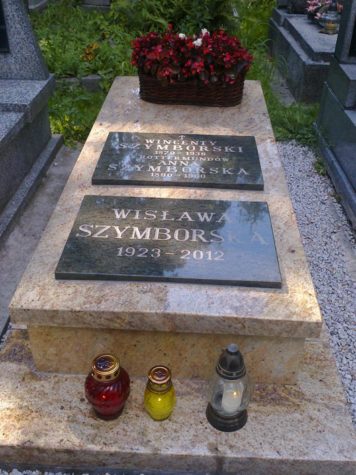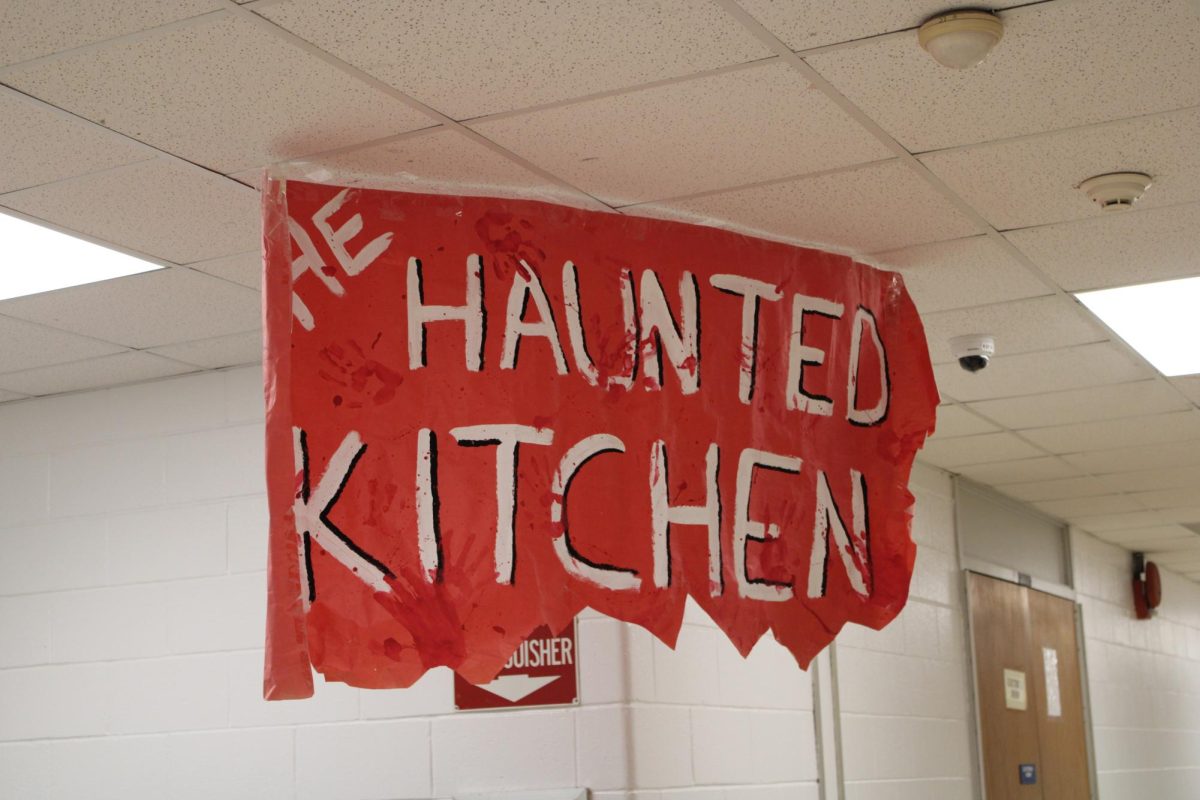Reed Books: Salt
May 23, 2021
Wisława Szymborska’s 1962 poetry collection Salt has a surprising amount of humor for such political material, but it’s this humor exactly that makes the poems interesting in the first place.
Szymborska consistently references religion in her works, mostly Old Testament stories or Greek mythology, sometimes mixing said allusions with Classics references (mostly Shakespeare). What stops her work from becoming pretentious is the tongue-in-cheek way she modernizes these characters or figures.
In “The Rest”, for example, she points out the difference between the Shakespeare character Ophelia and a young actress playing the role. After Ophelia goes mad, the actress runs offstage to make sure her makeup and hair is done perfectly for the rest of the play. Obviously the real Ophelia would be a bit too preoccupied to worry about her appearance, but the point is that there is no “real Ophelia”.
Szymborska isn’t necessarily shaming the actress, but good naturedly pointing out the irony of the situation. She calls the girl “my dear” and hopes Denmark will forgive her. The optimism, instead of cynicism, in Szymborska’s humor makes her poems addicting to read. They’re accessible, funny, and often optimistic, while remaining politically poignant.
Luckily, she also knows when to drop the humor, and includes a handful of serious poems in the collection that help to diversify the grouping. In “Starvation Camp Near Jaslo”, Szymborska opens with the importance of writing down historical events, and goes on to describe a war scene. She doesn’t bother with religious or classical references, since those might be in bad taste. Instead, this is one of the poems where we get to see her imagery shine through, not hidden by clever wordplay or allusions. “At night a sickle glistened in the sky/and reaped the dark for dreamed-of loaves”.
It’s clear why Szymborska won a Nobel Prize for her work. In a history of serious poets, she was one of the few who could bridge the gap between political and humorous. She gets the joke where so many miss it.















































